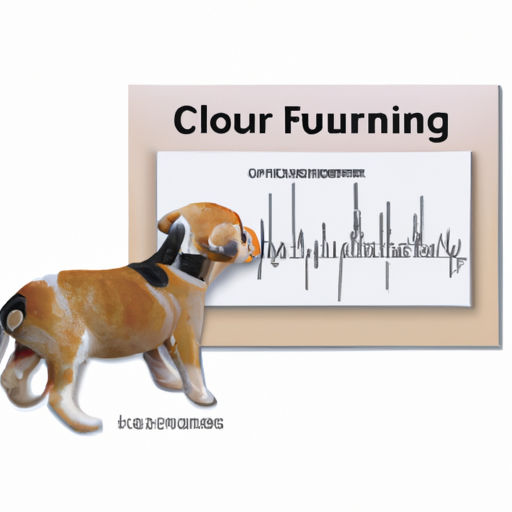Puppies, like human children, go through a process of losing their baby teeth as they grow. It’s a fascinating and critical part of their development, but also a period that can sometimes be challenging for both the pup and their caregivers.
1. Understanding The Basics of Puppy Dental Development
Puppies are born without any teeth. They start developing their deciduous teeth, or baby teeth, at about two to four weeks of age. These comprise of 28 teeth in total.
- 12 Incisors (6 upper, 6 lower)
- 4 Canines (2 upper, 2 lower)
- 12 Premolars (6 upper, 6 lower)
Unlike humans, puppies do not have any baby molars. They get their permanent molars when their adult teeth come in.
2. When Do Puppies Start Losing Their Teeth?
Typically, puppies start losing their baby teeth around three to four months of age. The process usually begins with the incisors, followed by the canine and premolar teeth.
- Incisors: 3-4 months
- Canines: 4-5 months
- Premolars: 4-6 months
3. Understanding The Transition to Adult Teeth
As the puppy grows, their baby teeth begin to fall out to make room for their 42 adult teeth. Here’s a simple breakdown of the adult teeth:
- 12 Incisors (6 upper, 6 lower)
- 4 Canines (2 upper, 2 lower)
- 16 Premolars (8 upper, 8 lower)
- 10 Molars (4 upper, 6 lower)
4. Signs Your Puppy Is Losing Teeth
Teething can be a challenging time for your puppy. Here are some signs to look for:
- Drooling or dribbling
- Blood on chew toys
- Missing teeth
- Change in eating habits
5. How To Help Your Teething Puppy
There are several ways to help ease your pup’s discomfort during this period:
- Provide safe chew toys
- Make use of cooling aids
- Consider over-the-counter remedies
- Regular vet check-ups
6. Puppy Tooth Loss and Diet
Diet plays a crucial role during this period. Soft foods can help alleviate discomfort, and dry kibble can help promote healthier gums and teeth.
7. What If A Puppy Tooth Doesn’t Fall Out?
Sometimes a puppy tooth doesn’t fall out, a condition known as retained deciduous teeth. This usually happens with the canine teeth and requires a vet’s attention to prevent complications.
8. FAQs about Puppy Teeth Loss
Q: Is it normal for puppies to swallow their baby teeth?
A: Yes, it’s quite common and generally not a cause for concern.
Q: How long does the teething process last?
A: Generally, puppies finish teething by six to seven months of age.
Q: Should I brush my puppy’s teeth during teething?
A: Yes, maintaining oral hygiene is critical, even during teething. Use a soft-bristled toothbrush and dog-specific toothpaste.
Q: Can teething cause my puppy to be less active?
A: Yes, discomfort from teething can temporarily affect a puppy’s mood and activity levels.
Understanding your puppy’s dental development can help you better care for them during this important stage. Remember, regular vet check-ups are crucial to ensure your puppy’s teeth are growing in correctly.



